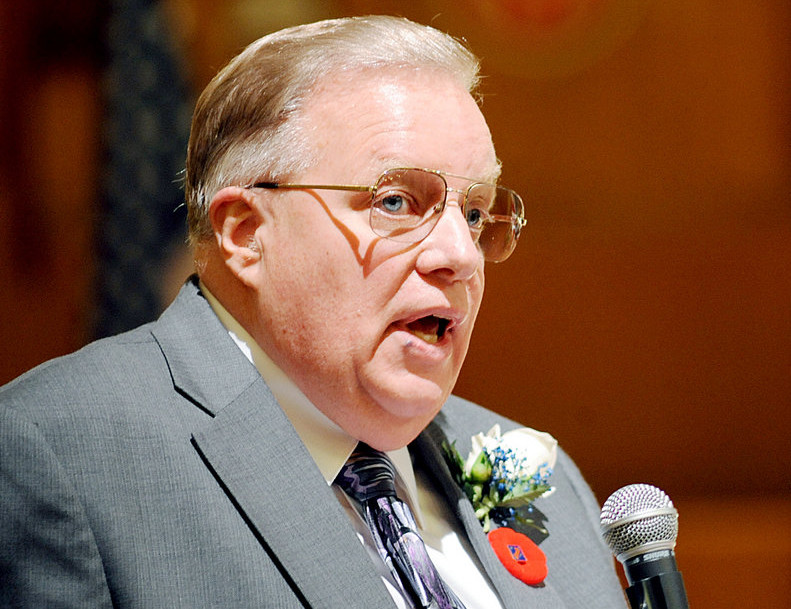The recent comments about Somali immigrants made by Lewiston Mayor Robert Macdonald have reopened a familiar conversation about what it means to be from Maine and to participate in American culture.
We understand that Macdonald has a very difficult job, and that Lewiston faces many challenges, some that echo the city’s industrial past and others that are distinctly 21st-century. We also give him the benefit of the doubt that his comments were made with the best interests of all the city’s residents at heart.
At the same time, we wanted to offer some thoughts about Macdonald’s discussion of assimilation and American culture. We are disturbed that this conversation keeps reappearing in the same black and white terms, and we think it seriously underestimates the incredible dynamism and elasticity of our communities.
Culture is something that shapes our identity; it’s made from language, art, history, religion and our everyday behavior. It’s shared through families and communities, through school and music and what we eat for dinner.
So we don’t understand how Macdonald expects people to leave their “other” culture at the door without abandoning language, dress, religions and traditions. That’s what culture is.
But culture is also extremely flexible and adaptable, even in Lewiston. The Franco-American presence has long proven that there is no one stable, constant American culture that all newcomers eventually assimilate into.
As many people have recently pointed out, Lewiston is a prime example of how complex and dynamic American culture is, incorporating linguistic, dietary and religious practices from a wide variety of backgrounds. Remember when only Italian Americans ate spaghetti? We don’t, because that was never part of the culture we inhabit today.
We also want to sound a note of caution: American culture is not always benevolent, and it does not incorporate fairly or evenly. We might think of the Bates Mill in Lewiston, where many Canadian, Lithuanian and Irish immigrants worked alongside those with Anglo-Saxon heritage.
The textiles produced at the mill were made of Southern cotton harvested by enslaved African Americans on the eve of the Civil War. The cotton that traveled from Southern hands to Northern looms makes slavery a part of Lewiston’s culture, if an unseen one. Perhaps it makes sense to welcome alternatives to monolithic and inherited American culture.
But the point we’d most like to make is that we all exist in multiple cultures at any given moment, and that all of those cultures carry internal contradictions. We might not agree with the cultures we’re offered, and so we seek out others. Or we might try to bring transformative change to the injustices we have been raised to accept.
Our culture is always changing, depending on where we are. When we’re in school, the way we speak and act differs from the way we speak and act at home. Our overlapping cultures may pull us in different directions, but we negotiate them as we become individuals.
For example, we were born in 1985 and 1997. One of us is the “we” that Macdonald identifies, a fifth-generation Mainer; the other is a “they,” born in East Africa. But we do not accept this division.
There is an American culture that we have in common, and that we do not share with our parents or with Mayor Macdonald. It is a culture associated with digital technologies and communication, with new educational and work patterns, familial configurations and political demands.
We hope it is also marked by a more capacious understanding of cultures, and of the people who share this state we call home.
Sahara Hassan lives in Portland, and Rachel Miller is a resident of South Freeport.
Send questions/comments to the editors.



Success. Please wait for the page to reload. If the page does not reload within 5 seconds, please refresh the page.
Enter your email and password to access comments.
Hi, to comment on stories you must . This profile is in addition to your subscription and website login.
Already have a commenting profile? .
Invalid username/password.
Please check your email to confirm and complete your registration.
Only subscribers are eligible to post comments. Please subscribe or login first for digital access. Here’s why.
Use the form below to reset your password. When you've submitted your account email, we will send an email with a reset code.